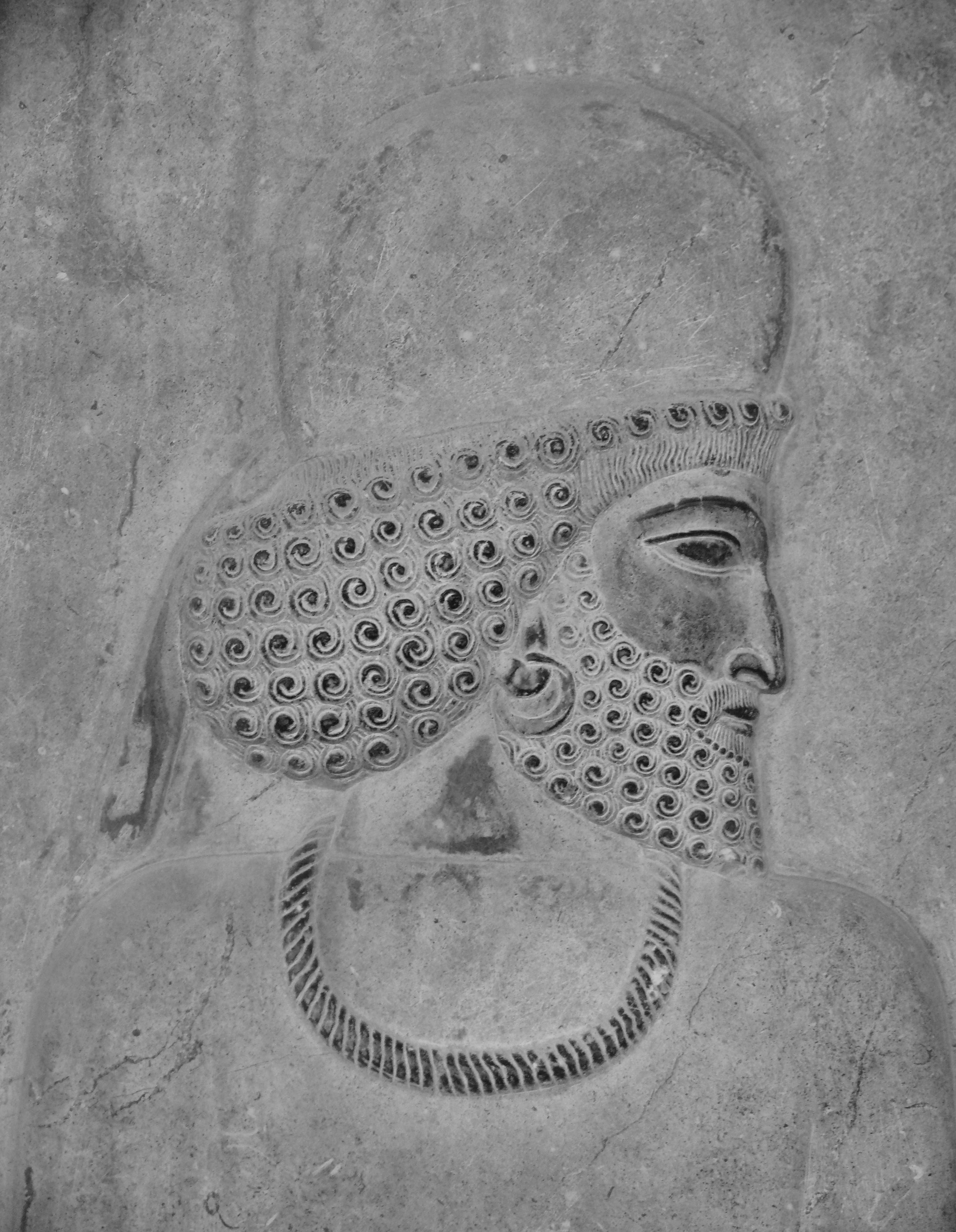 |
| Photo credit: Alborzagros. CC. |
Hamas carried out multiple suicide bombings on September 4, 1997. The Rubin plaintiffs sued under the Foreign Sovereign Immunities Act (FSIA) in the United States District Court for the District of Columbia against Iran, and the court found that Iran supported Hamas’ terrorist efforts. It ruled in the plaintiffs’ favor and awarded money damages.
To collect the judgment against Iran, Rubin et al. sought to attach Iranian assets located in the United States. They attempted to attach artifacts held at the Boston Museum of Fine Arts (MFA), Harvard’s several museums, the Oriental Institute at the University of Chicago, and the Chicago Field Museum. The museums in the Boston and Cambridge objected, fighting the case in federal district court in Massachusetts. The Chicago based institutions battled the case in the federal court in the northern district of Illinois, and later the Seventh Circuit Court of Appeals.
The Seventh Circuit on March 29, 2011 sent the case back to the district court in Illinois for review. But the Rubin appellants petitioned the U.S. Supreme Court for a writ of certiorari (i.e. a review by the higher court). Briefs were filed in the Supreme Court (docket 11-431) by both the University of Chicago and Iran on January 6. Jenny Rubin et al. filed a reply brief on January 18. There was a waiver of the Field Museum’s response filed on January 4. The Supreme Court on February 21 invited the Solicitor General to file the U.S. government’s position in the case. It has not been submitted to the court thus far.
In Massachusetts, meanwhile, the district court ruled on September 25, 2011 to grant the MFA’s and Harvard’s motions to dismiss the case. Jenny Rubin et al. then brought the matter before the First Circuit Court of Appeals. They filed an appellate brief on March 28, 2012, arguing three primary issues.
First, the appellants argue that TRIA preempts all other federal and state laws because the case involves the enforcement of judgments by victims of a terrorist attack. Their brief states:
“Pursuant to TRIA, and Treasury Regulations set forth at 31 CFR §535.201, governing collection actions on behalf of victims of state sponsored terrorism, any interest that Iran retains in the Iranian objects in Harvard and the MFA’s collection is subject to levy by the Appellants. Due to federal preemption by TRIA and 31 CFR §535.201 of any inconsistent state laws, neither Harvard nor the MFA can rely on any conflicting state laws such as those imposing statutes of limitation or governing adverse possession claims to bar or otherwise defeat the Appellants’ right to attach and levy on objects of Iranian origin in each of their possession in which Iran retains any interest.”
Second, the appellants say that Iran maintains an interest in the artifacts at the museums in Massachusetts. The appellants claim that “[t]he Iranian government has always retained a private ownership interest in artifacts from Persepolis, the former capital of the Persian Empire. For the thousands of years beginning in the reign of Darius, this historic site has never been privately owned and always has been the sole property of the government of Persia and subsequently Iran. In addition, pursuant to the Persian Law Concerning the Preservation of National Antiquities (the “1930 Law”) enacted and in effect since November 3, 1930, all antiquities in Iran, whether movable or immovable, created up through 1794, the end of the Zand Dynasty, fall under the protection, control and ownership of the Iranian government.”
Third, the appellants argue that Iranian law gives Iran an interest in its antiquities unless that country gave a specific license. They allege that the museums cannot demonstrate that any licenses were given. The appellants’ brief argues:
“With the exception of objects removed from Persepolis . . .which have always been owned by the Persian government, other antiquities removed from Persia prior to November 3, 1930, were not recognized as owned by Iran. Accordingly, the Appellants always have indicated that the order of garnishment against the MFA and Harvard does not encompass any artifacts of Persian origin, other than those from Persepolis, that provably were exported from Iran prior to November 3, 1930. Nor do the Appellants assert any claim to any artifact from Iran acquired either by Harvard or by the MFA or on loan to either obtained from excavations by scientific expeditions to Iran occurring on or after November 3, 1930, if the holder Museum’s documentation as to the artifact establishes that the Museum acquired each such antiquity as part of the share of a “division” of finds assigned to a scientific archeological expedition as approved by the Persian/Iranian government and as required by the 1930 Law. Similarly, with respect to antiquities exported from Iran as a seller’s purported private property, the 1930 Law vests the government of Iran with an automatic 50 percent interest in all objects found in Iran on or after November 3, 1930. As to antiquities provably in private hands as of the enactment of the 1930 Law, the government is vested with a right of first refusal to acquire the object and a right to seize and confiscate the object if the seller attempts to circumvent his obligation to secure an export permit from the government, which if obtained, requires payment of an export duty equal to five percent of the value of the object as calculated by government appraisers.”
“Without documentary proof that an artifact was assigned to the scientific expedition or that the Iranian government approved the export of purportedly privately held property, Iran retains an interest in all objects under the 1930 Law that is subject to levy by the Appellants pursuant to TRIA.”
The appellees in the case are expected to file their reply shortly.
CONTACT: www.culturalheritagelawyer.com
